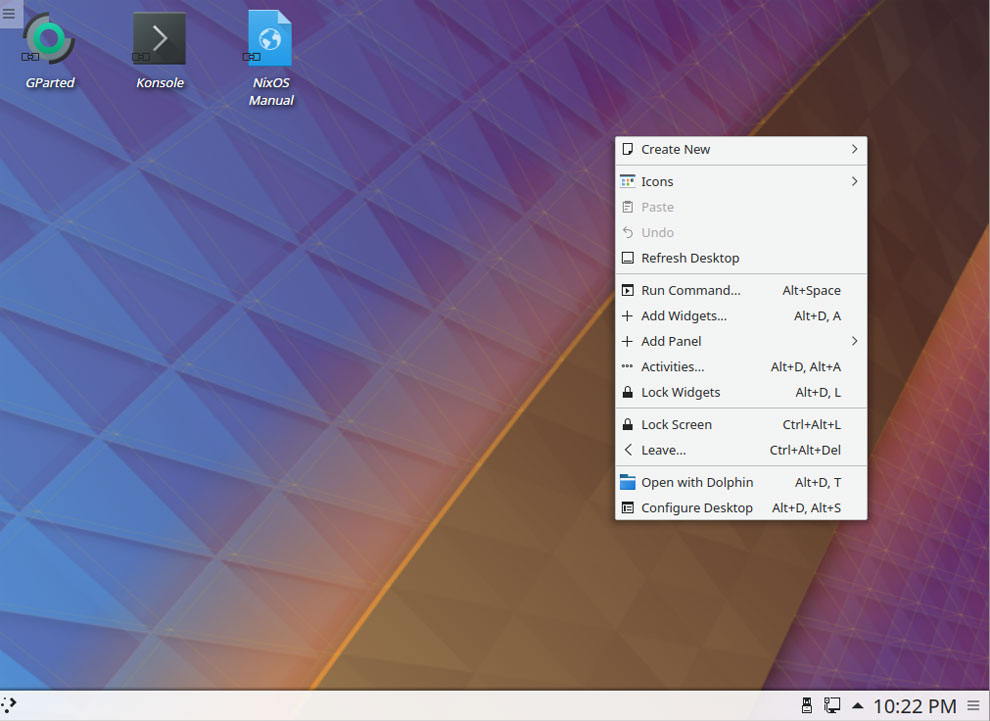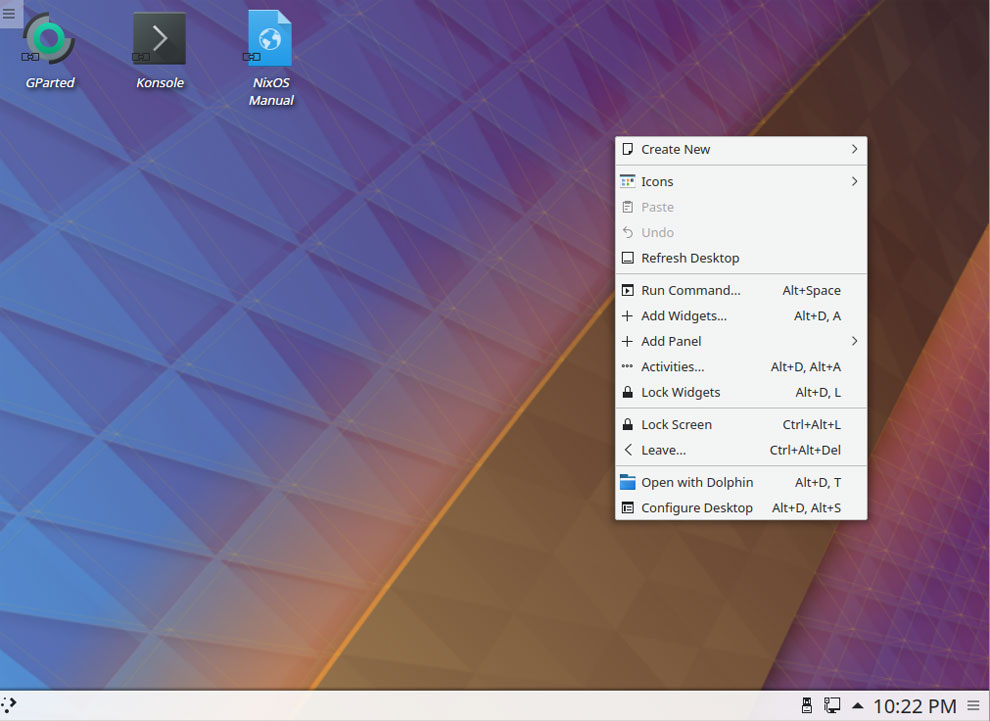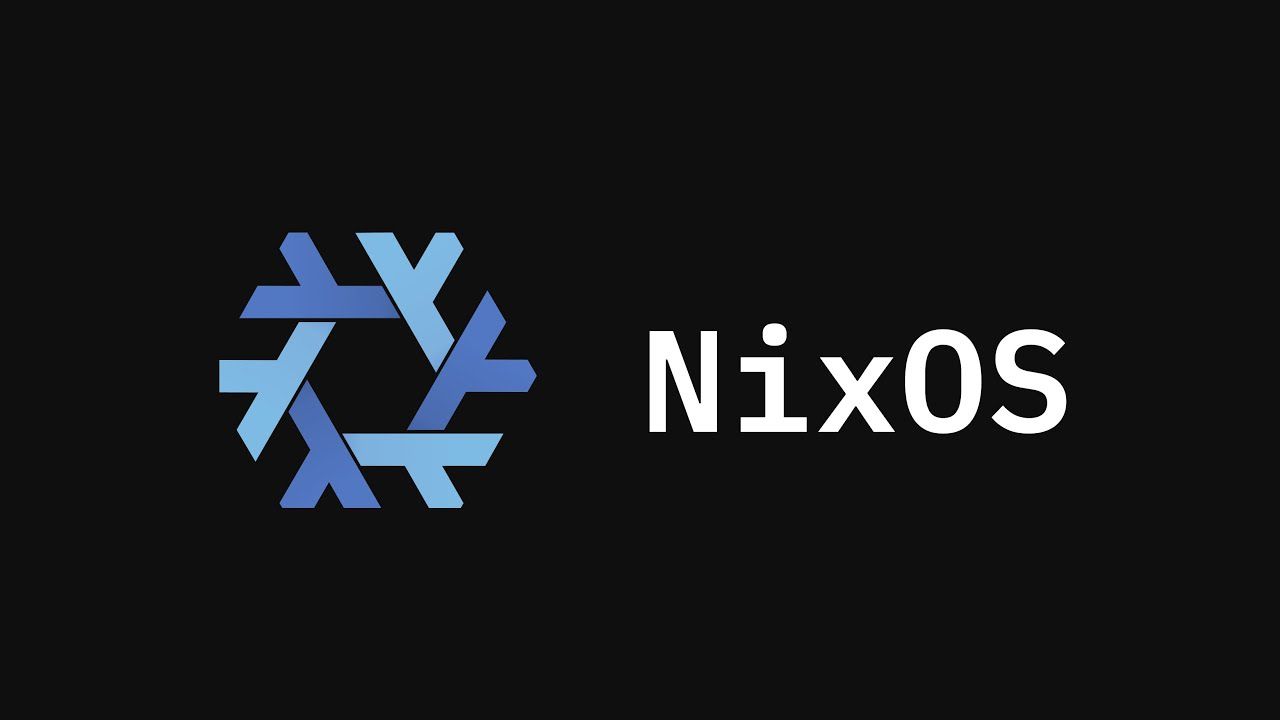
Severe Glibc Privilege Escalation Vulnerability Impacts Major Linux Distributions
A local privilege escalation vulnerability in the GNU C Library (glibc) has been discovered, affecting major Linux distributions such as Debian, Fedora, and Ubuntu. This vulnerability, tracked as CVE-2023-4911, allows attackers to gain full root privileges by exploiting a flaw in the dynamic loader of glibc.
According to security firm Qualys, the vulnerability, named ‘Looney Tunables,’ impacts the processing of GLIBC_TUNABLES environment variables, which are used to adjust the library’s behavior at runtime. The dynamic loader’s handling of these variables is susceptible to a buffer overflow, which can be leveraged to escalate privileges on the system.
The vulnerability was introduced in glibc version 2.34 in April 2021 and has been confirmed on various distributions, including Debian 12 and 13, Fedora 37 and 38, and Ubuntu 22.04 and 23.04. Notably, Alpine Linux, which uses musl libc instead of glibc, is not affected by this issue.
Qualys has refrained from sharing the proof-of-concept code to prevent widespread exploitation. However, the severity of the vulnerability underscores the importance of applying patches promptly. Debian, Gentoo Linux, Red Hat, and Ubuntu have already released patches to address this critical security issue.
The Impact of the Vulnerability
The successful exploitation of this vulnerability can lead to full root privileges on affected systems, posing a significant risk to the security and integrity of Linux distributions. Given the ease of exploitation and the potential for malicious actors to develop exploits, it is crucial for users to update their systems with the latest security patches.
Mitigation and Patching
To mitigate the risk posed by CVE-2023-4911, users are advised to apply the patches released by their respective Linux distributions. By updating glibc to a patched version, organizations and individuals can safeguard their systems against potential attacks leveraging this privilege escalation vulnerability.
Conclusion
The discovery of the privilege escalation vulnerability in glibc highlights the ongoing importance of proactive security measures and timely patch management. As cyber threats continue to evolve, staying vigilant and promptly addressing security vulnerabilities are essential to maintaining the integrity of Linux-based systems.
Byline: Ionut Arghire
This article was originally published on SecurityWeek.














